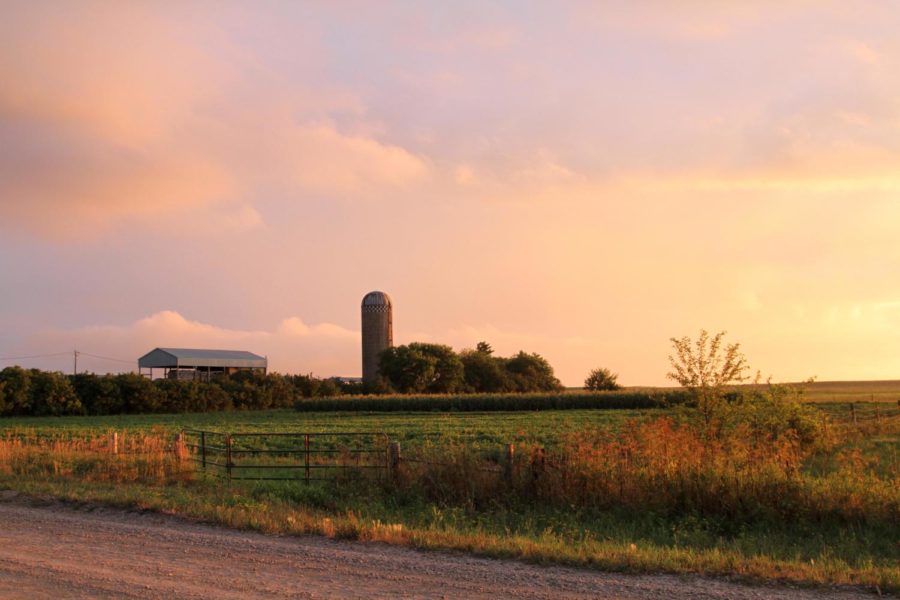From Africa to Michigan: Sieglinde Snapp speaks at annual Sustainable Agriculture Symposium
April 18, 2018
Sieglinde Snapp presented her sustainable agriculture research from both Africa and the United States Wednesday night.
Snapp is a professor of soils and cropping systems ecology at Michigan State University. Her research is focused on biological ways to make agricultural systems more sustainable for the environment and practical for farmers.
Her lecture “Is Sustainable Intensification of Agriculture Possible?” was the keynote speech at the Sustainable Agriculture Symposium. The symposium is an annual event where graduate students in Sustainable Agriculture are able to present and share their research with peers, faculty and the Iowa State community.
Snapp’s research focuses on using an interdisciplinary approach to improve sustainable intensification. She works directly with farmers and stakeholders to come up with realistic approaches that farmers are able to implement while making their farms more sustainable.
Sustainable intensification focuses on increasing the productivity of farmland but reducing the negative impacts that production has on the environment.
An issue with increasing this productivity is the growing season of a lot of the world’s most important crops such as wheat.
“For much of the year, we have this long dry season in Africa where we have not much growing there,” Snapp said.
To improve this productivity without increasing environmental damage, Snapp proposes using perennial wheat instead of annual wheat.
Perennial wheat is a cross between intermediate wheatgrass and annual wheat. Perennial crops are those that regenerate each year without needing to be replanted.
Perennial wheat retains more nitrogen than annual wheat, which means less is leeching out into the atmosphere.
Her results also show a deeper root system within perennial wheat. This means there is more biomass underground. This increase in living biomass in the soil is really important to sustainable intensification, Snapp said.
However, perennial wheat still proposes it’s own challenges. Disease and possible lower yields are difficulties when using these perennial wheat and grains.
Looking ahead, Snapp said that farming has taken a more yield center approach, when it needs to focus more on increasing biomass within crops and finding similar alternatives that can help farmers reduce their negative environmental impact.
“I think we are losing some of the options we used to have, and I hope I am wrong,” Snapp said. “I hope we are coming up with other options, and I look forward to the next generation and your thoughts on that.”
















